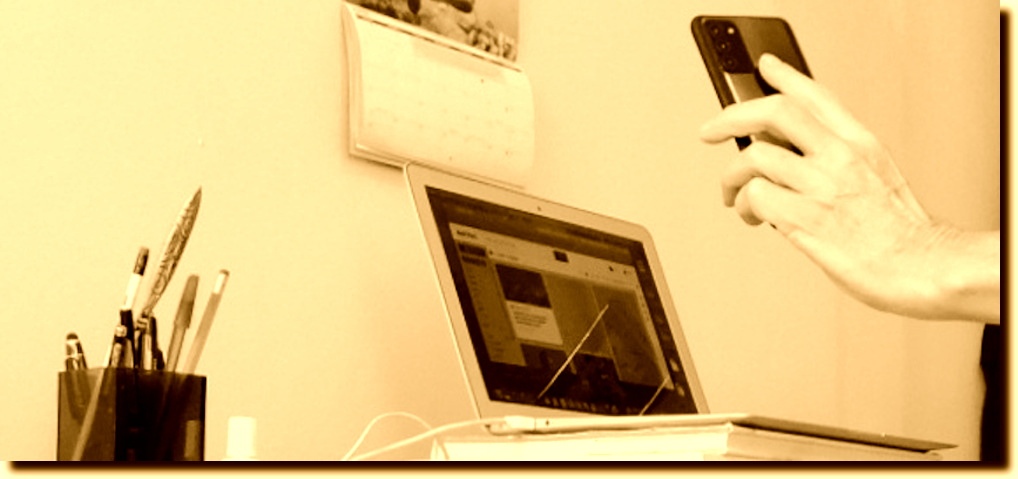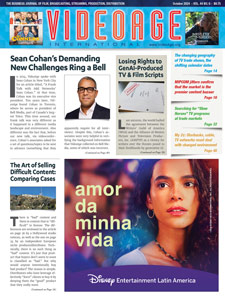Please continue to use cellular phones to watch videos, link to TikTok, scroll Instagram, listen to music, connect on Zoom, and check Facebook and LinkedIn. But for serious communications, use e-mail. While you’re at it, don’t forget to use a phone that connects with a sleep tracker ring, so that you can find out if you had a restful night. These days, the blue light emitted by cell phones is no longer considered detrimental for sleep, nevertheless the National Sleep Foundation recommends turning cell phone screens off one hour before going to sleep. This sounds like the ever-changing doctors’ advice about eating eggs and whether or not they negatively impact your cholesterol. So enjoy the pre-bedtime blue light for now… until the experts inevitably change their minds, that is.
However, cell phones have become too unreliable for important messages. Sometimes the signal is too weak for a clear conversation (in certain parts of New York City or West Los Angeles, for example, one has to move near a window for the T-Mobile cell service to work).
Cell phones are also not desirable in classrooms, in theaters, in cinemas, while driving, and in doctors’ waiting rooms, and they are frowned upon at restaurants, on trains, and on aircrafts. And what about the frustration of being at the airport on a line that’s been delayed because a passenger’s boarding pass won’t come up on his or her phone?
International calls also often fail to go through. Leaving a voice message is no assurance that the message has been delivered or listened to. Spam calls also help to make cell phones unreliable, with some people refusing to answer a call if they don’t recognize the number. Today, one has to first text to announce that they’ll be calling lest they appear rude.
Finally, there is what is now called “telephonophobia,” the clinical name for avoiding phone calls.
There is even research to confirm this telephonophobia since, while data traffic on mobile grew 97 percent from 2012 to 2022, voice call minutes in the same period only grew by 8.7 percent.
Phone dodgers tend to prefer e-mails since they offer, among other advantages, a chance to self-edit your message. Plus, The Wall Street Journal reported that today many shoppers always pull up their laptops to make large purchases.
One thing that mobile phones do still have going for them is that iPhone-types with Bluetooth capabilities will one day be used as hearing loss devices. Apple has reportedly already hired audiologists to look into it.













Dom,
As an adjunct professor at UM (Miami) and the father of a Millennial and a Gen Zer, I find the younger generations barely use phones for voice conversations and rarely email at all. They SMS.
Best regards,
John